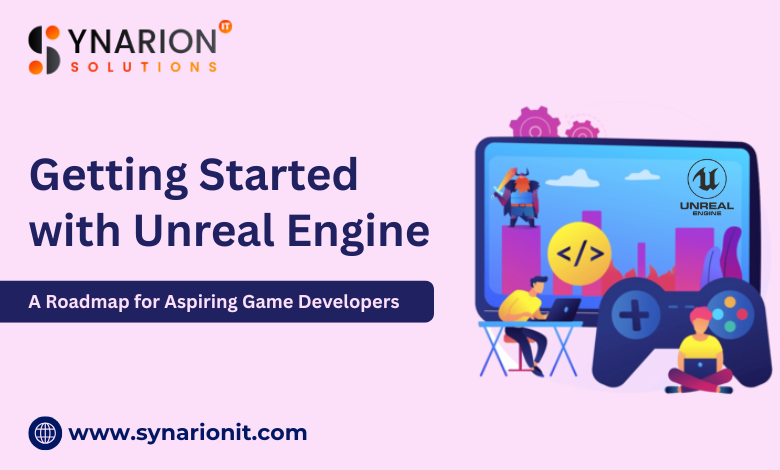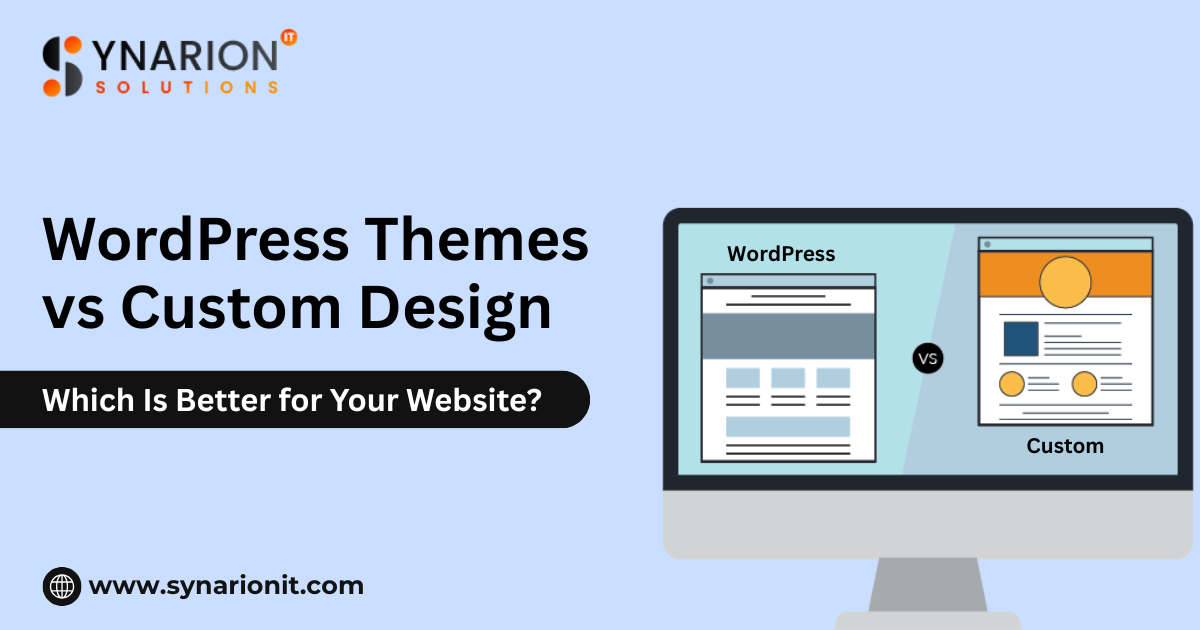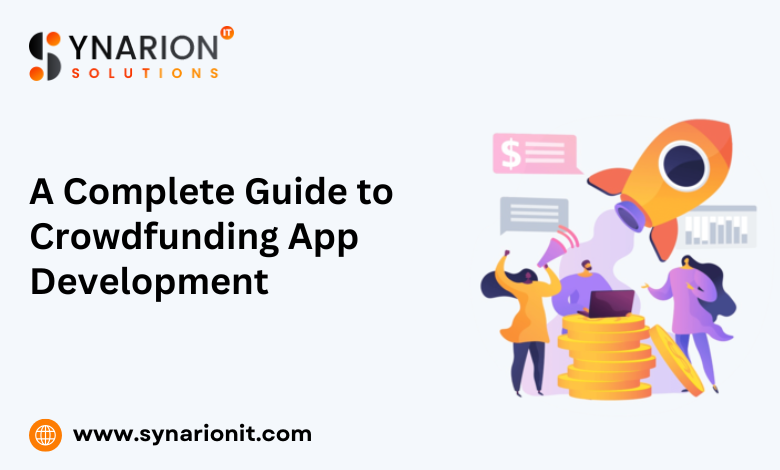Getting Started with Unreal Engine: A Roadmap for Aspiring Game Developers

Strong 8k brings an ultra-HD IPTV experience to your living room and your pocket.
The world of video game development is vast, dynamic, and constantly evolving. Among the most powerful tools for creating cutting-edge games is Unreal Engine, a real-time 3D creation platform developed by Epic Games. Known for its stunning visuals and robust capabilities, Unreal Engine is the go-to choice for AAA studios and indie developers alike. If you're an aspiring game developer looking to break into the industry, understanding Unreal Engine game development is a crucial step on your journey. This guide outlines a clear roadmap to help you get started.
Why Choose Unreal Engine?
Unreal Engine, developed by Epic Games, is one of the most powerful and popular game engines available today. Used in blockbuster games like Fortnite, Gears of War, and Final Fantasy VII Remake, Unreal offers industry-standard tools for real-time 3D rendering, physics, and animation. Its open-source nature, combined with Blueprints (a visual scripting system), makes it accessible to both programmers and non-coders.
If you're looking to make a career in Unreal Engine game development, now is the perfect time. The industry demand for skilled Unreal developers continues to grow across gaming, film, architecture, and simulation industries.
Roadmap to Mastering Unreal Engine Game Development
Understand the Basics of Game Development
Before diving into Unreal Engine, it’s essential to understand the fundamentals of game design and development. Learn the basic concepts such as game mechanics, level design, asset creation, and user interface design. A strong grasp of these principles will give you the context needed to use Unreal Engine effectively.
Online platforms like Coursera, Udemy, and YouTube offer beginner-friendly courses tailored for aspiring game developers. Consider taking a few introductory classes on game development to build a solid foundation.
Install and Explore Unreal Engine
To get started, download the Epic Games Launcher and install the latest version of Unreal Engine. When you first open Unreal Engine, you’ll find several templates (e.g., first-person shooter, third-person, top-down, and blank projects). Start with a template that aligns with the type of game you want to create.
Familiarize yourself with the editor interface. Key components include:
• Content Browser: Manage all your assets (models, textures, audio, etc.).
• Viewport: Visualize and manipulate objects in your scene.
• Details Panel: Adjust properties for selected objects.
• Blueprints: A node-based visual scripting system for logic without code.
Learn Blueprint Visual Scripting
For those new to coding, Blueprints offer a powerful way to create game functionality without writing traditional code. With Blueprints, you can build gameplay mechanics, create character controllers, manage UI elements, and much more.
Many Unreal Engine game development companies use Blueprints alongside C++ to streamline development. Mastering this system will significantly enhance your ability to prototype and complete game projects on your own or as part of a development team.
Dive Into C++ Programming
While Blueprints are great for rapid development and learning, Unreal Engine is fundamentally powered by C++. Learning C++ will unlock deeper control over the engine and allow you to create more complex and optimized systems.
Start with basic C++ programming concepts and gradually move into Unreal-specific applications. Unreal Engine has comprehensive documentation and an active developer community that can help you overcome roadblocks as you learn.
Build Small Projects
The best way to learn Unreal Engine is by doing. Start small: create a simple 3D platformer or a basic first-person exploration game. These projects help solidify your understanding of core systems such as level design, lighting, materials, and player movement.
As you gain confidence, add more advanced features like enemy AI, particle effects, or online multiplayer components. Share your work on forums, GitHub, or with fellow developers for feedback and iteration.
Master Asset Integration and Optimization
To create a visually compelling and high-performing game, you’ll need to learn how to integrate and optimize 3D models, animations, sounds, and visual effects. Unreal Engine supports tools like Quixel Megascans and Sketchfab, which provide ready-to-use assets for game development.
Also, pay attention to optimization techniques such as level streaming, LOD (Level of Detail) management, and performance profiling. These skills are essential for making your game run smoothly on different devices.
Collaborate and Learn from Professionals
Joining online communities like the Unreal Engine Forums, Discord servers, and Reddit groups can help you stay updated on best practices, tutorials, and tools. Collaborate with other aspiring developers on jam projects or open-source games to gain real-world experience.
If your goal is to work in a professional environment, consider applying for internships or junior roles at an Unreal Engine game development company. Companies are often on the lookout for passionate developers who show initiative and a solid portfolio, even at the entry level.
Publish and Promote Your Game
Once your project reaches a playable state, consider releasing it to the public via platforms like itch.io or Steam. Creating a portfolio site to showcase your work is a strong way to attract attention from employers and collaborators.
Marketing, community engagement, and player feedback are essential parts of the game development cycle. Use social media, game dev blogs, and trailers to promote your game and gather input from real players.
Final Thoughts
Breaking into Unreal Engine game development requires dedication, curiosity, and creativity. With free access to Unreal Engine’s full suite of tools and a wealth of learning resources online, aspiring developers have more opportunities than ever before to build compelling games and forge a path in the industry.
Whether you're an indie developer or aiming to join an Unreal Engine game development company, this roadmap can guide your journey from beginner to professional. Keep learning, keep experimenting, and most importantly—keep creating.
Note: IndiBlogHub features both user-submitted and editorial content. We do not verify third-party contributions. Read our Disclaimer and Privacy Policyfor details.





![Top 10 IT Companies in Indore [2025]](https://indibloghub.com/public/images/courses/67fa05f3580752989_1744438771.png)

